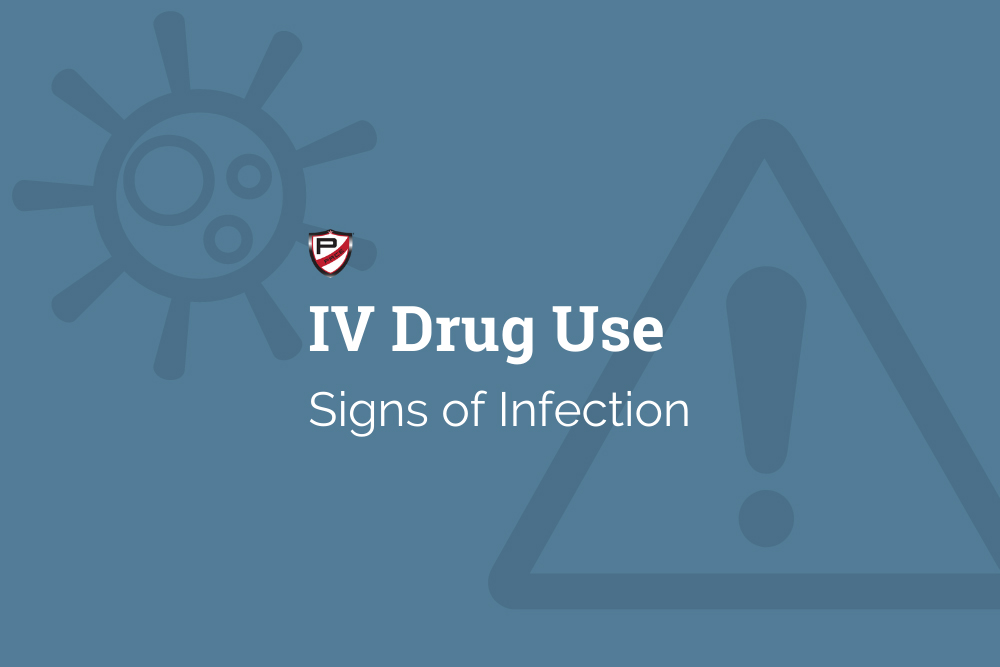People who use drugs like heroin and meth may inject them to experience more rapid effects as their tolerance builds and they seek a new way of getting high. Aside from a worsening addiction, infections are one of the most significant risks associated with intravenous drug use.
Why Do IV Drugs Cause Infections?
When you get injections in a medical setting, your health care provider will take steps to ensure the process is sterile, including swabbing your skin with a disinfecting wipe and using a clean needle. In contrast, IV drug use usually doesn’t take place in a sanitary environment, which creates an opportunity for germs to enter your body. The drugs themselves may also be contaminated.
Though your body has built-in systems to protect you from illness, injecting any substance into your skin bypasses these barriers. Infections from dirty needles, other drug paraphernalia or even surfaces can travel through your bloodstream into your organs and bones. Some people who inject IV drugs can also develop painful skin abscesses.
Symptoms of Infections From IV Drugs
Since long-term substance abuse weakens the immune system, people who inject IV drugs are more vulnerable to viruses like HIV and hepatitis. Skin infections like cellulitis and necrotizing fasciitis are other potential severe infections that can result from sharing or reusing needles or neglecting to clean your skin before shooting up.
Some warning signs of an infection can mimic those associated with drug withdrawal, including a fever, dizziness, disorientation, body aches or lightheadedness. Your skin may also be red, hot and sensitive to touch.
Sepsis is an extreme, potentially fatal response to infection that can begin anywhere in your body. If you have a recurring illness or your symptoms are getting worse, seek medical attention immediately. Even people who survive sepsis are at risk of developing life-threatening disabilities such as organ damage and chronic fatigue syndrome.
How to Stop Abusing Drugs
Once you start relying on drugs to cope with life’s challenges, you’ll probably go through withdrawal when you try to quit using. These physical and psychological symptoms can range from uncomfortable to dangerous and may cause a relapse, no matter how determined you are to get clean. Professional treatment is the best way to ensure long-term sobriety and break the patterns of substance abuse.
At PACE Recovery, our experienced team of physicians, doctorate-level clinicians and master’s-level therapists have developed a comprehensive continuum of care informed by the knowledge that diverse treatment options are essential for people who are working to recover from substance use disorders and behavioral health issues.
To verify your insurance coverage or learn more about our men’s-only residential rehab programming in beautiful, sunny California, please reach out to us today.



